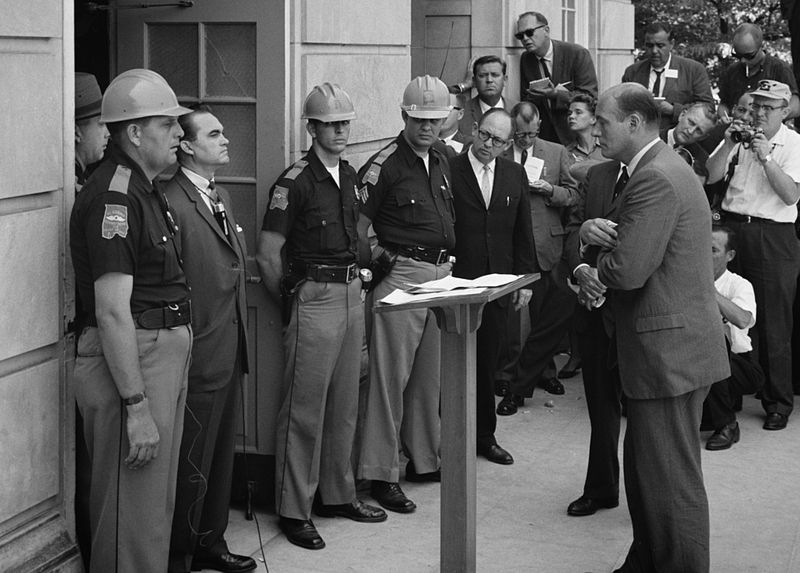Of Statues, Memorials and Memories

In light of the recent violence in Charlottesville, Virginia over the statue of Confederate Gen. Robert E. Lee during a white nationalist rally earlier this month we decided to ask Peggy Wallace Kennedy, daughter of former Georgia Governor George Wallace, to speak out on it since we had interviewed her last year.
“As Americans we should ask ourselves whether monuments, statues, mountain sides or places of historic significance should serve to honor the past, remind us of the past or encourage us to live in the past,” she told us. “And we must be willing to accept the fact that there will never be a time when all Americans will choose just one. But what we must all agree upon is that there is no statue of any kind that is worth murdering for. There is no better time than now for all Americans to build personal statues of our own that define who we are and what we stand for so that we may leave a legacy to our children, hopefully different than the ones left by men who were born over two hundred years ago. The economic, educational and ethnic enslavements of today are what we must march against and hate and fear is what we must fight against. Perhaps statues of the men who conspired to destroy the promise of our American democracy should remain, not as symbols of enslavement, but rather as reminders of what can happen when men of influence and power turn their backs on ‘liberty and justice for all.'”
Here is the interview from March of 2016:
“Segregation now, segregation tomorrow, and segregation forever.” Those were the words delivered by then newly elected Alabama Governor George Corley Wallace, Jr. at his inaugural speech in 1963 and will always be remembered as one of the most powerful speeches against racial equality in American history.
His daughter Peggy Wallace was 12 at the time.”I had a pretty normal childhood growing up, then in ’63 in his inaugural address he said the words “segregation now, segregation tomorrow, and segregation forever,” she told Hollywood on the Potomac. “I didn’t really realize the full meaning of what that meant until he stood in the schoolhouse door at the University of Alabama. I was 13. I didn’t understand the ramifications of that and what that meant for our family and what that was going to mean for me; and that it was going to be my legacy.”
